- Learning time
- 40 minutes
- First play time
- 90 minutes
Bruges
Designed by: Stefan Feld
In Bruges each player attempts to establish themselves as the most powerful merchant in the eponymous city, which they do by virtue of card-play.
Each player starts with a hand of cards, and the game moves through four phases in each round – drawing cards, rolling dice (and – if they choose – advancing their reputation), playing cards, and scoring majorities.
The dice rolling decides three things – any of the five coloured dice showing ones and twos determine how much players have to pay to move up on the reputation track, which is essentially a way of scoring points (there are several others). Any dice showing fives or sixes herald potential disaster – each player takes a disaster token of the matching colour/s, and accruing three of the same type of disaster means you get hit with a penalty. Finally the dice can be used to get money, which occurs during the next phase: playing cards.
The cards, like the dice, come in five colours, and there are various things you can do with them. You can discard a card to pick up money, or to build a section of canal, to pick up workers (more of them in a moment), or play them in front of you either face-down as a house – which costs you a worker to build, or play them face-up as a character, and to play a character you’ll need to have played a house to put it in. Characters each have their own special ability that (usually) cost you workers to use. Both canals and characters also cost money to build. (Hang in there, we’re nearly done)
Once everyone has played, in turn, four of their five cards, the card-playing phase ends and players check majorities – whoever has built the most canals, the most characters and has advanced their reputation the furthest, gets to flip over a marker that scores them points at the game end. Play continues until one of the two draw decks runs out, at which point a final round is played and each player scores.
The guru's verdict
-
Take That!
Take That!
There are some cards that target other players.
-
Fidget Factor!
Fidget Factor!
Once you know the rules, Bruges isn't a long game and can be played at a quick tempo.
-
Brain Burn!
Brain Burn!
Some thought is required, but as long as you enjoy a game with multiple options, nothing too taxing.
-
Again Again!
Again Again!
Bruges can feel fairly scattergun on a first play because there are lots of different strategies to winning. However this same feature - especially the huge variation in character cards - give it a different flavour every time.

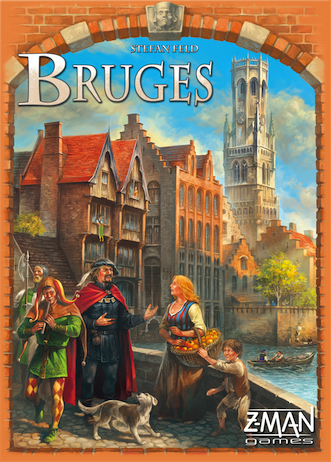
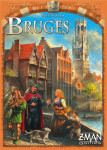
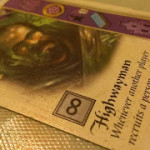
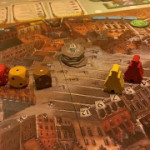
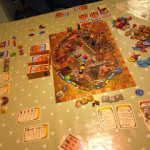
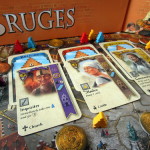
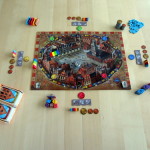
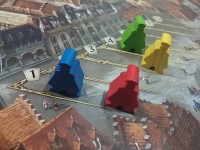
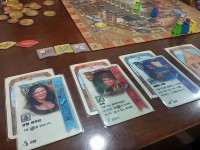
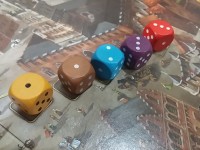
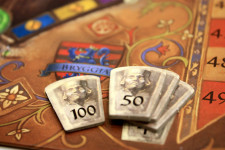



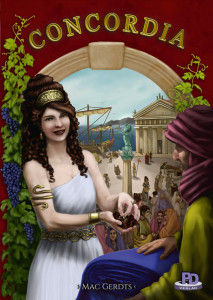
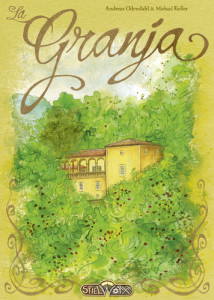
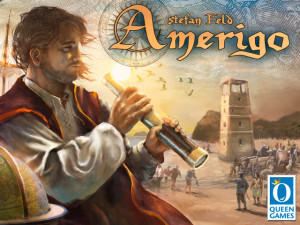
Sam says
Most, if not all, of the games from this designer tend to feature what habitual gamers refer to (either pejoratively or approvingly) as a 'points salad'. Rather than one definitive goal, there are multiple ways to score points. Some people don't warm to it because, if you like your games to feel really thematic, these mechanics do tend to pare things back to the abstract: it's all about patterns and linking up the cogs of the game to maximise your points return. But if you appreciate the mechanics a lot - as I do - then you'll get a kick out of Bruges.